
Graduate Interview: Sayma Teaching in Sri Lanka
Sayma is a dedicated English teacher from Bangladesh who took the leap and set out on a new teaching adventure in Sri Lanka. Join us as we explore what ESL teaching in Sri Lanka can look like, and how you too can explore this career path.
With its warm hospitality, vibrant culture, and breathtaking natural beauty, Sri Lanka has become an increasingly popular destination for English teachers looking to balance meaningful work with personal growth.
If you’re considering a teaching career overseas, let’s dive into Sayma’s tips and insights to discover what makes Sri Lanka unique and why it might be the perfect destination for your next teaching adventure.
About Sayma
Sayma is a dedicated English teacher from Bangladesh, who is currently teaching ESL in Sri Lanka. With experience across a variety of teaching environments, she has continually refined her skills to support her students on their language journey.
Name: Sayma Samira
Nationality: Bangladesh
Profession: English language teacher in Sri Lanka
Experience: 6+ years of teaching experience.
She aims to keep growing as an English teacher by expanding her skills and certifications, while exploring different teaching destinations around the world. Her goal is to connect with students worldwide and make a positive impact wherever she teaches.
Sayma’s interview:
💬 Could you introduce yourself and tell us a bit about where you’re from?
“I’m from Bangladesh, a country known for its rich culture and friendly people. I studied English Literature and then completed a Master’s in English Language Teaching (ELT). This education helped me understand language teaching better and prepared me for my career as a teacher.”
💬 How did your English teaching journey begin, and what motivated you to pursue this career?
“My teaching journey began when I discovered a love for language and communication. In the early days, I had a chance to volunteer as a teacher, and seeing how students could grow and learn made me want to do this as a career.”
💬 Where do you currently teach, and how did you find this opportunity?
“I currently teach English at SVS School for English in Sri Lanka. I found this job while searching for opportunities to teach abroad. The chance to work in a new place and learn about a different culture was very appealing to me, and SVS seemed like the perfect fit.”
💬 What influenced your decision to choose Sri Lanka as your next teaching destination?
“I chose Sri Lanka because of its interesting culture and beautiful scenery. I also wanted to help adults who need English skills for work or study. SVS seemed like a place where I could make a real difference while also learning and growing myself.”
💬 What is a typical day or week like for you at SVS?
“A typical week at SVS includes morning and afternoon classes. I teach adult students, who mostly consist of people who want to improve their English for their jobs or studies.
My tasks during the week involves planning lessons, teaching grammar and conversation, and giving individual help to students. Every day feels different, which keeps the work exciting.
Additionally, I love tweaking activities to fit my students’ needs which makes learning fun useful, and more engaging for everyone.”
💬 What do you enjoy most about working with adult learners?
“I love working with adults because they are motivated and bring interesting experiences to class. But they often have challenges, like balancing work and family with their studies. Since they don’t use English much outside the classroom, they need extra practice to feel more confident.”
💬 How does teaching in Sri Lanka compare to your previous experiences in Bangladesh?
“Teaching in Sri Lanka is a bit different from teaching in Bangladesh. Here, many students are learning English specifically to advance in their jobs. Because of this, I focus more on teaching practical language skills they can use in their careers.”
💬 Could you share a bit about your teaching qualifications?
“I have a Bachelor’s in English Literature, a Master’s in ELT, and five years of teaching experience in a well-known school in Bangladesh. I also worked part-time as an ESL teacher. Additionally, I have a 120-hour TESOL/TEFL certificate, which has helped me understand the best ways to teach English as a second language.”
💬 For teachers looking to work abroad, would you recommend pursuing certifications like TESOL/TEFL?
“Yes, I would definitely recommend getting certifications like TESOL/TEFL. The course teaches important skills and methods for teaching English to non-native speakers. In my experience, it has helped me improve my teaching skills and understand my students’ needs better. It also helps open doors to job opportunities“
Want to start your teaching career? Get TESOL/TEFL certified:
To teach English overseas and online you’ll need to have an accredited and recognized TESOL/TEFL certificate.
With World TESOL Academy’s accredited 120-hour TESOL/TEFL course you’ll develop the necessary skills needed to launch your teaching career.
Or click here to get a free preview of the course.
.
💬 Is there a particular teaching skill that you’ve found especially useful when teaching ESL?
“The most helpful teaching method I’ve learned is called Communicative Language Teaching (CLT). This approach focuses on real-life communication, which is especially helpful for adult learners. It helps them use English right away in their daily lives, which builds their confidence.“
💬 Could you tell us a little about your first week in Sri Lanka?
“My first week in Sri Lanka was exciting yet filled with curiosity. Being in a new place with new people and a new culture felt overwhelming at first, but I was pleasantly surprised by how friendly and warm Sri Lankans are.
Their culture is quite similar to ours in Bangladesh, which made me feel comfortable right away. The food, hospitality, and the way people connect here made me feel like I hadn’t even left my own country!“
💬 What’s the best part about living and working as a teacher in Sri Lanka?
“The best part is learning and teaching at the same time. Teaching students from different countries is like a unique exchange of culture and ideas, so I always try learning something new about people and their backgrounds. This also includes interacting with fellow teachers from around the world, which adds even more to the experience.“
💬 Have there been any unique cultural customs or local etiquette in Sri Lanka that you had to adapt to?
“Yes, Sri Lankans are incredibly kind, peaceful, and inclusive. It feels like one of the safest places I’ve been to, where everyone lives with a sense of unity and acceptance. Discrimination is rare, and I’ve noticed a strong culture of respect here. And the food is amazing—my favorite is kiribath, a traditional rice dish.
Being in such an inclusive environment has helped me adapt my teaching style to be even more open and culturally sensitive, which my students appreciate.“
💬 Could you describe a typical week for you outside of teaching?
“Outside of teaching, I enjoy exploring the local area, visiting temples, and trying new food. I also make time to relax, whether by reading, going for a walk, or spending time with fellow teachers and friends I’ve made here.
I try to balance work and personal time by setting aside certain days or weekends for exploring. This has helped keep me refreshed and motivated both inside and outside of the classroom.“
💬 For teachers looking to teach in Sri Lanka, what tips or advice would you share?
“If you’re planning to teach in Sri Lanka, I’d recommend preparing for a friendly and welcoming experience. Be ready for the visa process and know that finding a place to stay is manageable, as people here are very helpful. Also, bring an open mind for the cultural differences, and if possible, brush up on a few Sinhala or Tamil phrases—they go a long way in connecting with locals!“
💬 Looking back, is there something you wish you had known more about Sri Lanka before arriving?
“I wish I’d known that many people here don’t speak English fluently, so brushing up on a few Sinhala or Tamil phrases would have been really helpful. Knowing some basic phrases would have made it easier to communicate and connect with locals right from the start. It also would have been nice to understand more about the local holidays and festivals, as they play a big role in Sri Lankan life.“
💬 What would you say to someone considering moving to Sri Lanka to teach English but feeling unsure or hesitant?
“I would say go for it! Sri Lanka is a warm, safe, and welcoming place, and the experience of teaching here is rewarding. You’ll not only have the chance to share your knowledge but also learn so much in return. The people, the culture, and the natural beauty here make it an incredible place to live and work!“
💬 What’s next in store for you in your teaching career?
“In the future, I hope to continue growing as an English teacher and expand my skills. I’d love to gain more experience teaching in other countries as well, and perhaps pursue advanced certifications or courses. My goal is to keep building connections with students from around the world and find ways to make a positive impact in each place I teach.“
Final thoughts
For many, the idea of teaching in a foreign country can feel like an exciting yet daunting leap. However, as Sayma’s journey proves, with the right qualifications and an open mind, teaching abroad can be a journey full of growth and meaningful experiences.
Her insights and advice highlight the personal and professional growth that comes with embracing new cultures and challenges.
If you too are interested in pursuing a career teaching English overseas, then now is the perfect time to take the first step and start your teacher training.

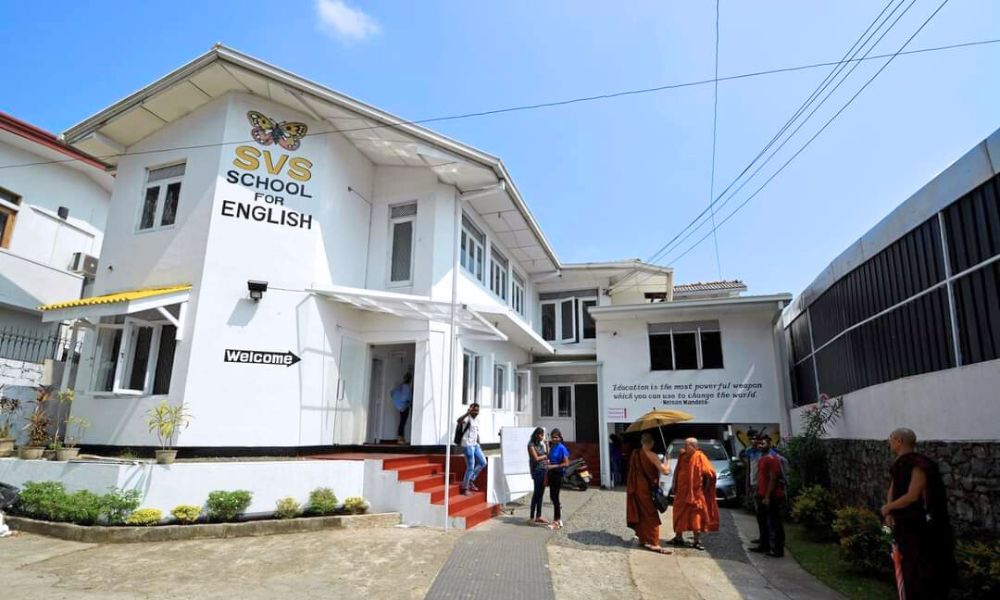

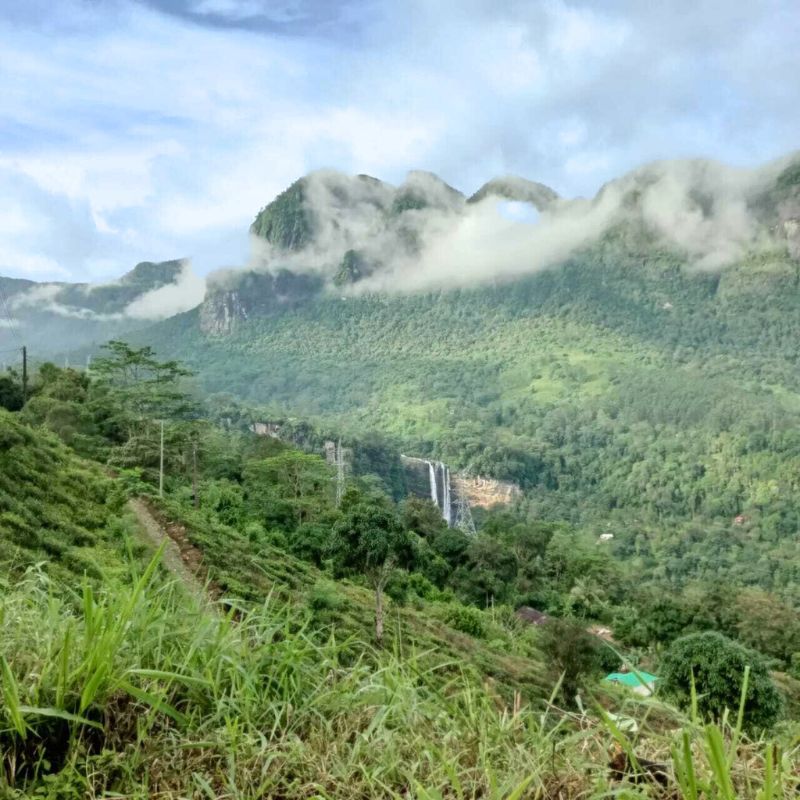
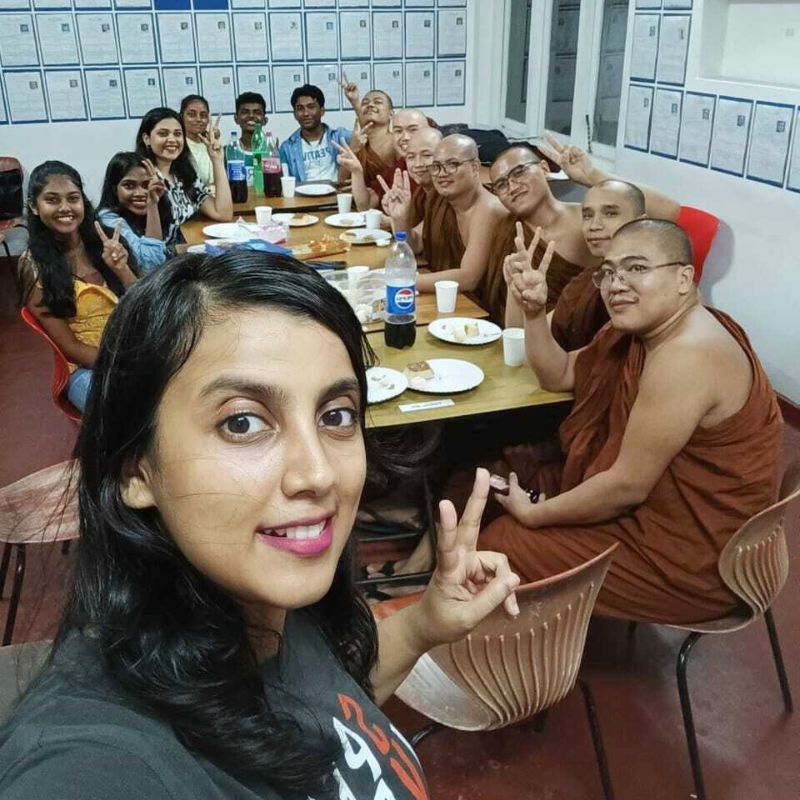

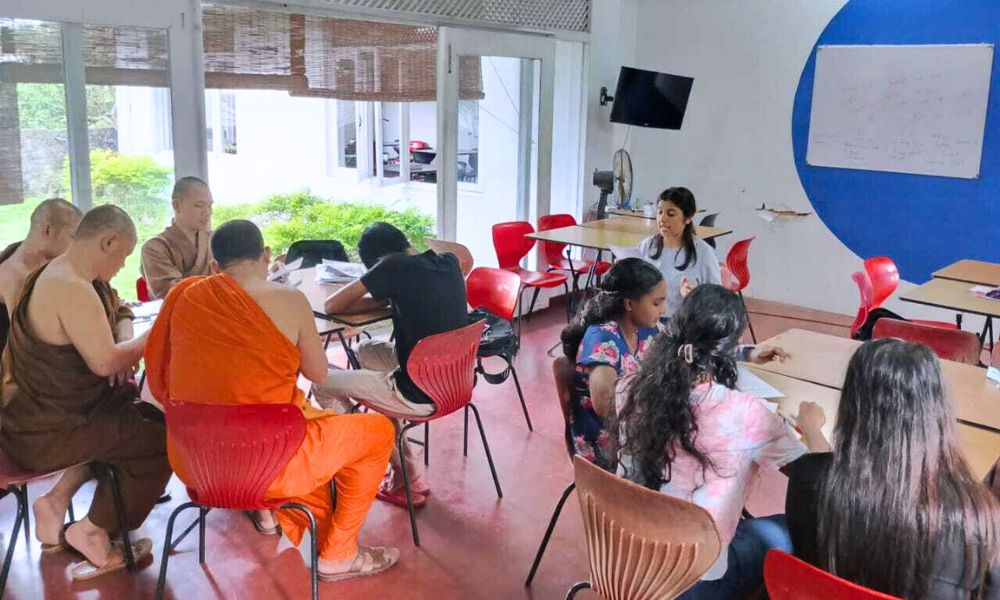
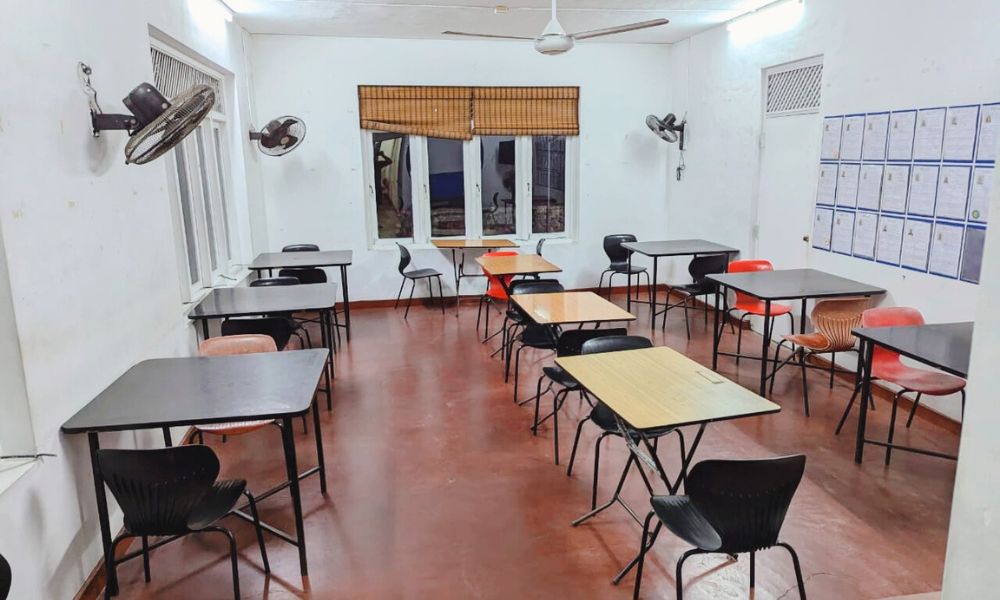
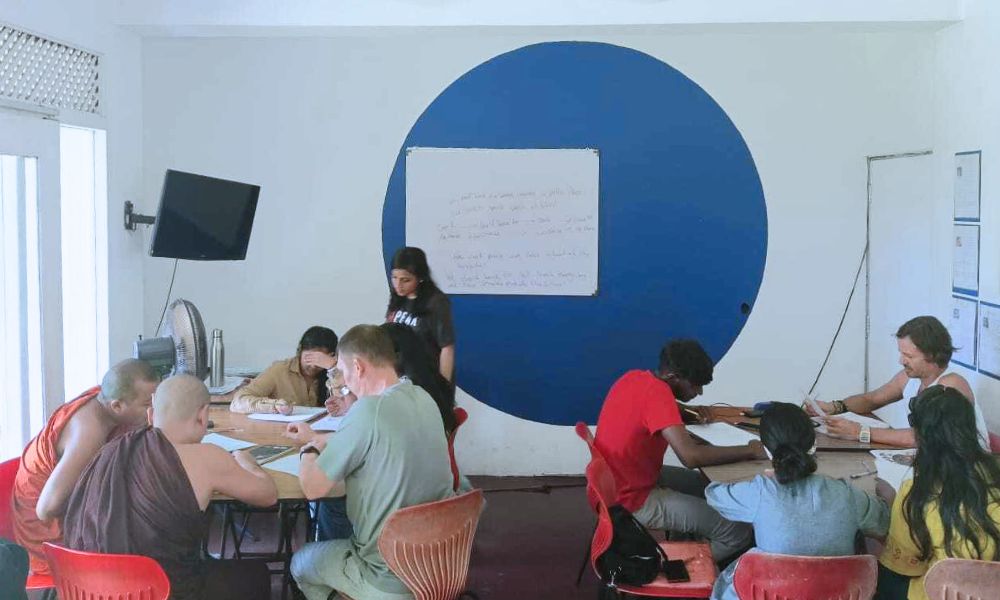
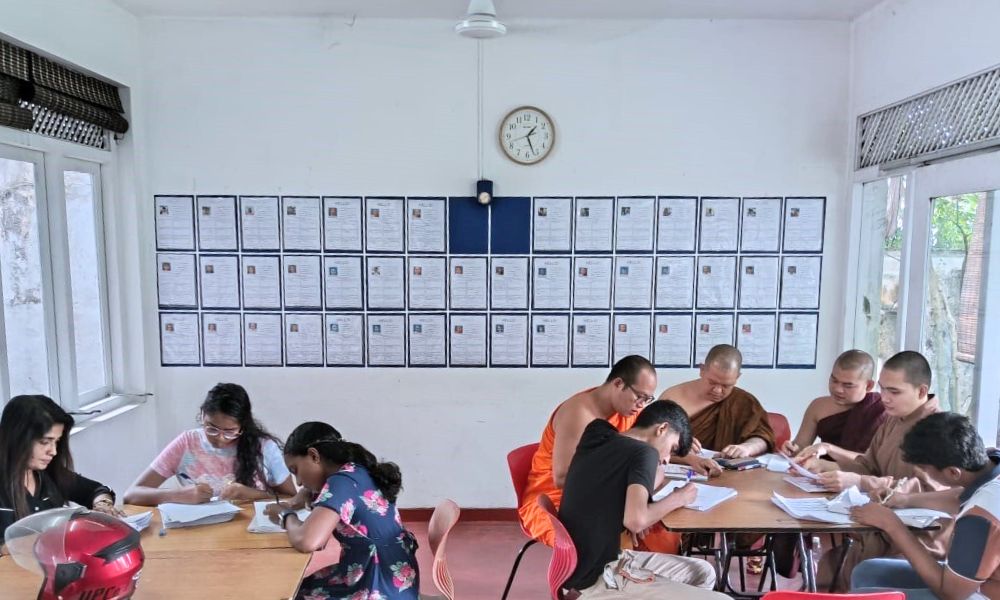
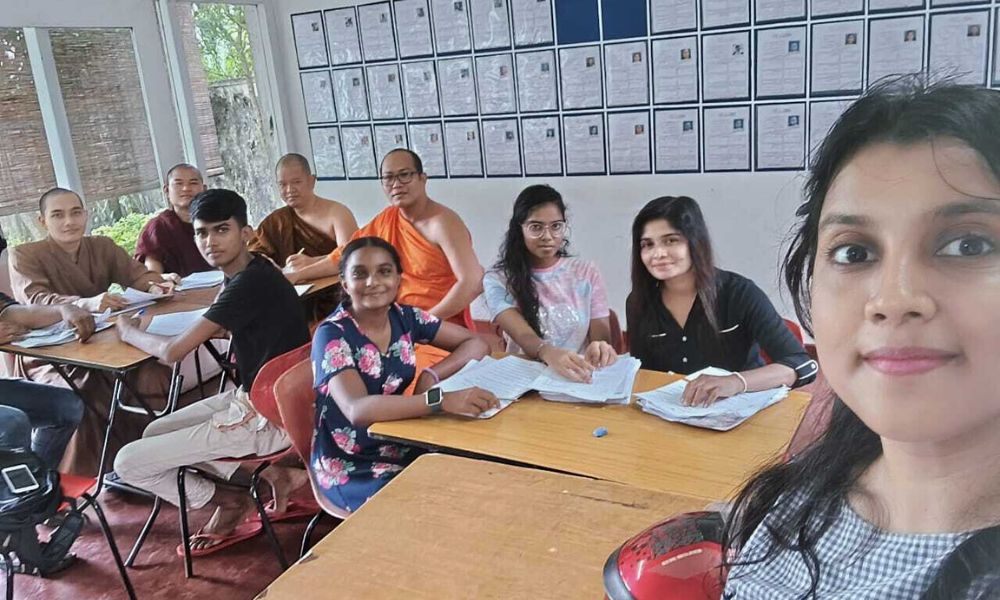
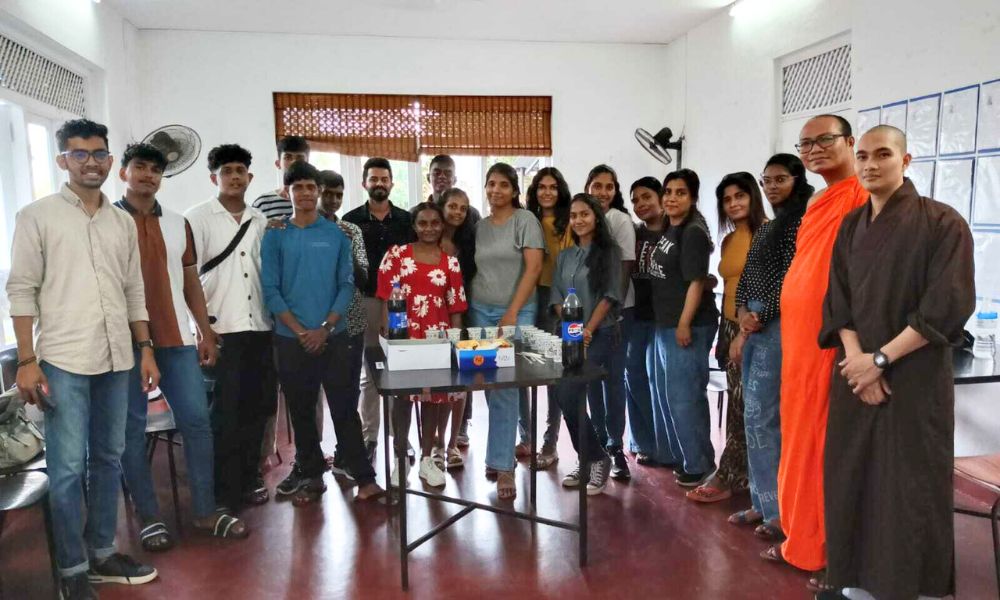




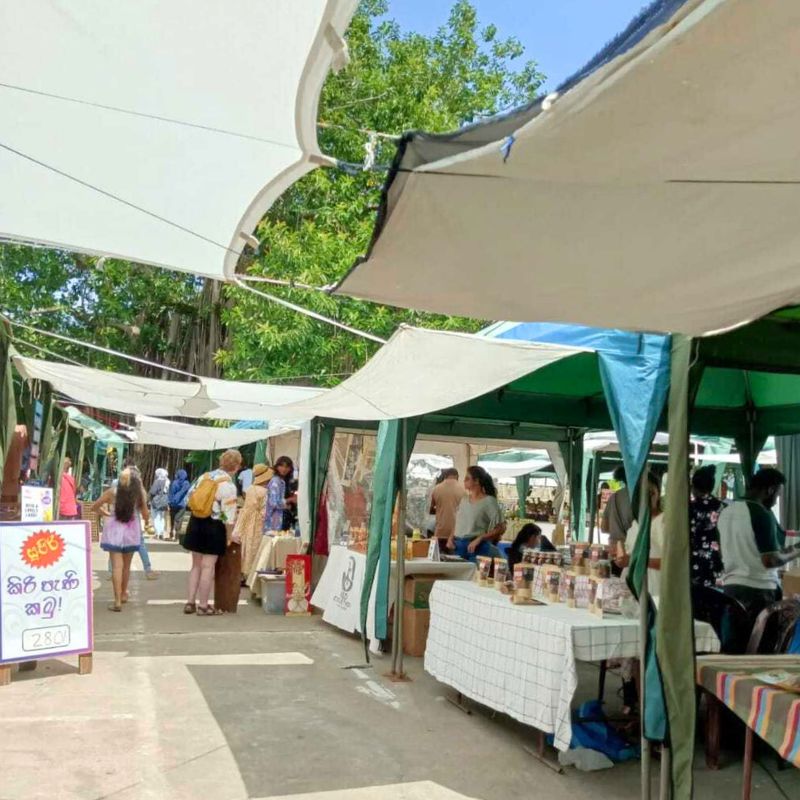







Leave A Comment